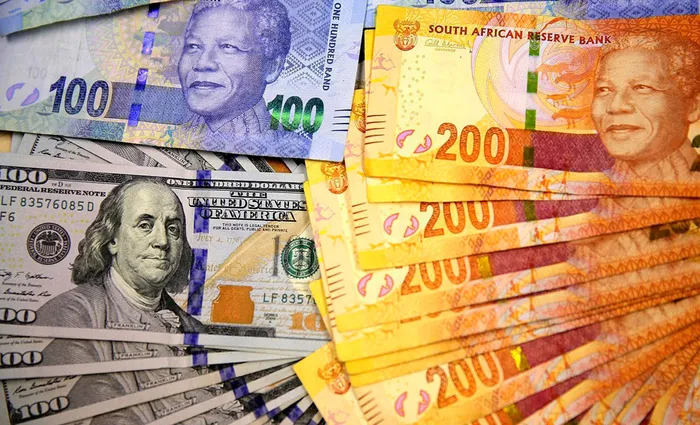SA edges closer to getting off global 'grey list' after completing key reforms

South Africa is one step closer to leaving the FATF grey list
Image: File
South Africa is one step closer to leaving the FATF grey list as it has completed all required reforms and now awaits a final on-site visit before possible removal at the October 2025 meeting.
In 2023, the global financial crime watchdog Grey listed South Africa for failing to adequately prevent money laundering and terrorist financing, citing weaknesses in law enforcement, insufficient prosecutions, and a lack of transparency in beneficial ownership information.
The financial crime watchdog also identified several key areas the government must improve to move out of the Grey list, including more effective investigations and prosecutions of complex financial crimes, better supervision of non-financial businesses and professions, and stronger measures to track and verify beneficial ownership of companies and trusts.
Earlier this year IOL reported that FATF noted the country had partially met some of its recommendations but noted that the country still needed to demonstrate “a sustained increase in investigations and prosecutions of serious and complex money laundering and the full range of TF (terrorist financing)".
However, in a statement released this week, the FATF confirmed that South Africa has now substantially completed its action plan, paving the way for an on-site assessment the final step before possible removal from the grey list.
“At its June 2025 Plenary, the FATF made the initial determination that South Africa has substantially completed its action plan and warrants an on-site assessment to verify that the implementation of AML/CFT reforms has begun and is being sustained, and that the necessary political commitment remains in place to sustain implementation in the future,” FATF said.
The on-site visit will take place before the next FATF Plenary, and, if the outcome of the visit is positive, the FATF will delist South Africa from the greylist at its next Plenary in October 2025.
National Treasury praised the country’s law enforcement agencies for their role in achieving this milestone.
"National Treasury commends the efforts and commitment of the law enforcement entities, especially the Directorate for Priority Crime Investigation (DPCI) of the South African Police Service, the State Security Agency, and the National Prosecuting Authority (NPA), for the sustained increase in investigations and prosecutions of serious and complex money laundering and terror financing activities".
"This made it possible for South Africa to secure the upgrades of the last two remaining action items, often considered to be the most difficult,"
However, the uMkhonto weSizwe Party criticised the government, arguing that the country’s greylisting was a symptom of deeper failures under ANC leadership.
"The greylisting itself was a direct result of state weaknesses under the ANC, the weaknesses profoundly exposed by the Phala Phala scandal and related controversies. The scandal, which involved large sums of undeclared cash stashed at President Cyril Ramaphosa's game farm, further eroded confidence in South Africa's financial oversight mechanisms"
The ANC labelled the new developments as major milestone for South Africa, both domestically and internationally.
"This is a major milestone for South Africa, both domestically and internationally. It strengthens the credibility of our financial system and contributes to the global and national fight against illicit financial flows, terrorism financing, and the legacy of state capture".
mthobisi.nozulela@iol.co.za
IOL Business
Get your news on the go, click here to join the IOL News WhatsApp channel
Related Topics: